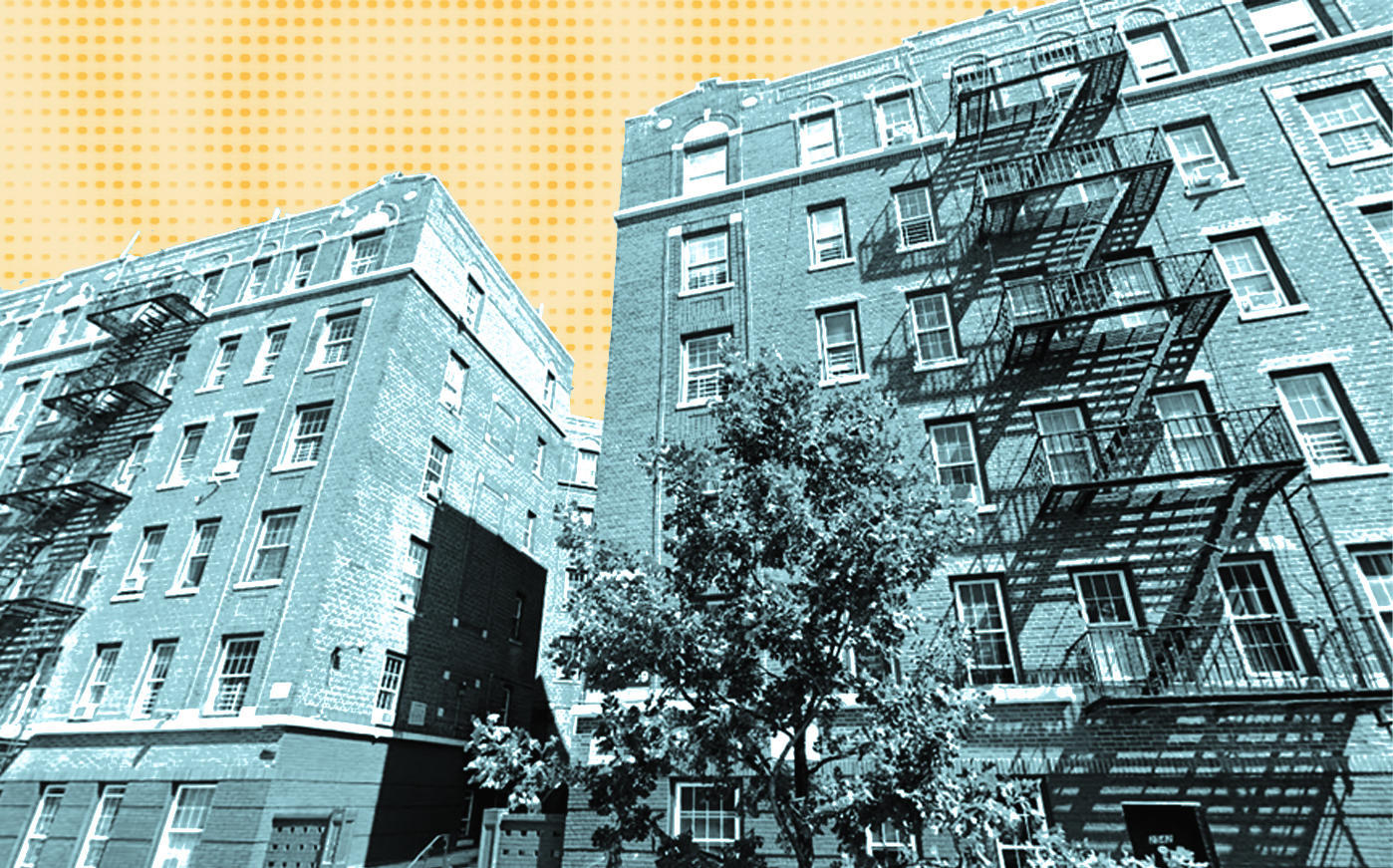Finkelstein Timberger East Real Estate received a $186 million refinancing package for 16 multifamily buildings in the Bronx.
Fannie Mae provided the financing, which has an average fixed rate of 2.98 percent for 12 years with partial interest-only payments, followed by 30-year amortization schedules. Black Bear Capital Partners brokered the transaction for the borrower.
The buildings are located throughout the borough, in neighborhoods like Jerome Park, Woodlawn and Grand Concourse. All of the apartments in the portfolio are rent-stabilized. The new financing replaces loans from New York Community Bank and Signature Bank that were reaching maturity.
Like much of the multifamily sector, rent collections in the 16 buildings have remained steady despite the economic turmoil of recent months. After dipping to 80 percent in April and May, rent collections rebounded to pre-pandemic levels, or 95 percent.
Read more


In New York, the rent-stabilized multifamily market has been in shock since June 2019, when new rent laws changed the investment outlook. But this refinancing package may outline a path forward for multifamily landlords seeking to refinance their holdings — at least for those whose initial strategy was conservative.
Bryan Manz, senior managing director at Black Bear Asset Management, the parent company of the broker, explained that a property tax abatement and federally subsidized rents worked in the borrower’s favor. Finkelstein Timberger also qualified for more favorable financing terms from Fannie Mae through an energy efficiency incentive program, by installing solar panels on the properties. The solar project also allows the property owner to sell excess energy back to the grid.
The biggest factor working in Finkelstein Timberger’s favor, however, is its long-term strategy. The firm never planned to deregulate the apartments, which under current regulations is no longer tenable. Some landlords who received financing predicated on future rent upside have already defaulted.
“[Finkelstein Timberger] has had these properties since 1978, and they know the rules cold,” said Manz. “In this case, they’re planning on operating the apartments as rent-stabilized.”
Had the operator wanted to deregulate the apartments, lenders would likely have an extra layer of due diligence, Manz said. Since June 2019, assessing the potential risk of rent-law violation penalties down the road has become an integral part of multifamily underwriting in New York City.
Agency lenders — the quasi-federal entities Fannie Mae and Freddie Mac — have maintained a brisk pace of refinancing affordable properties during the pandemic, and that trend is likely to continue into 2021. The Federal Housing Finance Agency in November issued 2021 guidelines for the two entities, requiring that 50 percent of the $140 billion lending cap go toward financing affordable housing.
